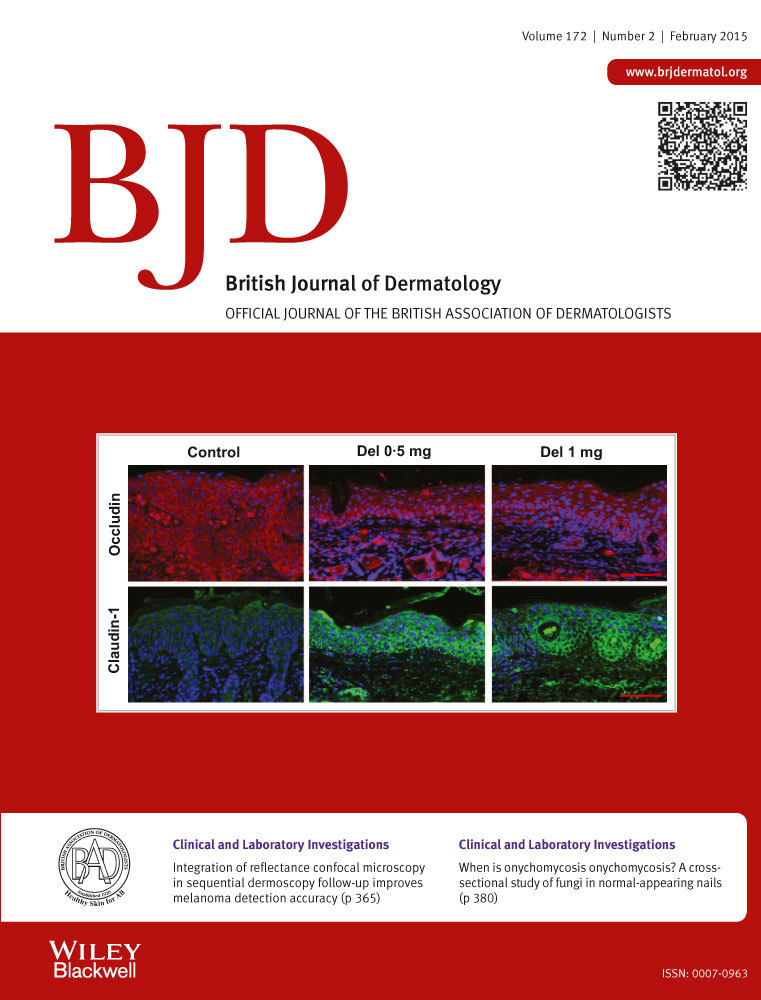Comparative efficacy of biological treatments for moderate-to-severe psoriasis: a network meta-analysis adjusting for cross-trial differences in reference arm response
Summary
Background
Multiple biological therapies are approved for the treatment of moderate-to-severe psoriasis.
Objectives
To assess the short-term efficacy of biological treatments for moderate-to-severe psoriasis via a network meta-analysis that adjusts for reference arm response rates.
Methods
Fifteen randomized trials of biological treatments for moderate-to-severe psoriasis were identified. Rates of response, assessed as 50%, 75% and 90% reductions in the Psoriasis Area and Severity Index (PASI), were compared using a network meta-analysis. To account for variation across trials, the model was adjusted for placebo responses, the relevance of which was assessed by testing its statistical significance, impact on model fit, and extent to which lack of adjustment confounded the efficacy estimates for biologics.
Results
Psoriasis Area and Severity Index 75 response rates for placebo arms ranged from 1·8% to 18·9%. The probability of achieving a PASI 75 response was 80·5% [95% credible interval (CrI) 74·8–85·7] with infliximab 5 mg kg−1; 72·5% (95% CI 66·1–78·3) with ustekinumab 90 mg; 67·5% (95% CI 60·7–73·9) with ustekinumab 45 mg; 66·2% (95% CI 57·3–73·3) with adalimumab 40 mg; 51·9% (95% CI 45·7–58·4) with etaner-cept 50 mg; and 38·0% (95% CI 31·6–45·1) with etanercept 25 mg. Infliximab had the highest PASI 75 response. Adalimumab and both ustekinumab doses had significantly higher PASI 75 responses than both etanercept doses. There were no significant differences among adalimumab and ustekinumab doses.
Conclusions
A model adjusted for reference arm response rates was found to fit clinical trial data significantly better than unadjusted models.




